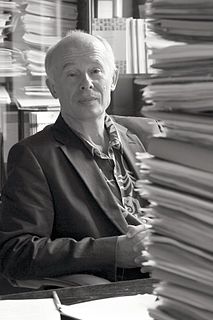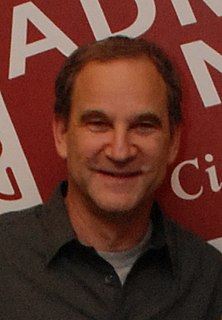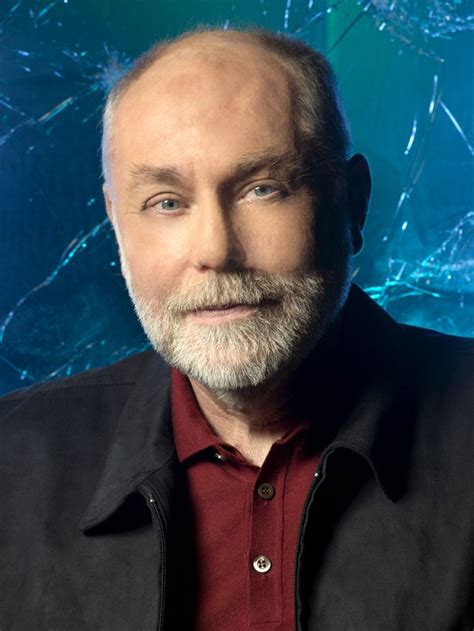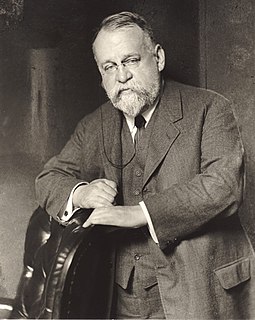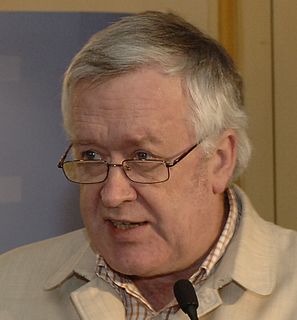A Quote by Amory Lovins
Public discourse about climate change has resulted in the erroneous idea that it's all about cost, burden and sacrifice. If the math was correct, everyone would see it's about profit, jobs and competitive advantage.
Related Quotes
Hollywood is the perfect conduit for the urgent message about climate change. We raise awareness all the time. We routinely take a film that nobody knows about and get 80 percent of the public to know about it in just 30 days. That's called marketing. We need to harvest Hollywood for climate change awareness.
Reporting the consensus about climate change ... is not synonymous with good science reporting. The BBC is at an important point. It has been narrow minded about climate change for many years and they have become at the very least a cliché and at worst lampooned as being predictable and biased by a public that doesn't believe them anymore.
[In picking stocks] You really have to know a lot about business. You have to know a lot about competitive advantage. You have to know a lot about the maintainability of competitive advantage. You have to have a mind that quantifies things in terms of value. And you have to be able to compare those values with other values available in the stock market.
One of the big changes in politics has been because families, individuals, have felt worried, insecure... worried about the economy, worried about their jobs, worried about their kids' futures... actually the disconnect between the public and media discourse and people's everyday concerns has become bigger not smaller.
Being told about the effects of climate change is an appeal to our reason and to our desire to bring about change. But to see that Africans are the hardest hit by climate change, even though they generate almost no greenhouse gas, is a glaring injustice, which also triggers anger and outrage over those who seek to ignore it.
I find man utterly unaware of what his wealth is or his fundamental capability is. He says time and again, "We can't afford it." For instance, we are saying now that we can't afford to do anything about pollution but after the costs of not doing something about pollution have multiplied many fold beyond what it would cost to correct it now, we will spend many fold what it would cost us now to correct it.
We can no longer completely avoid anthropogenic climate change. At best, limiting the temperature rise to two degrees is just about possible, according to optimistic estimates. That's why we should spend more time talking about adjusting to the inevitable and not about reducing CO2 emissions. We have to take away people's fear of climate change.
The climate change debate is basically not about science; it is about ideology. It is not about global temperature; it is about the concept of human society. It is not about nature or scientific ecology; it is about environmentalism, about one - recently born - dirigistic and collectivistic ideology, which goes against freedom and free markets.
Overall, The Population Bomb was probably too optimistic. I was writing about climate change - Anne and I actually wrote the book. We discussed whether or not you'd have to take a gondola to the Empire State Building, and that sort of thing, but we didn't know at the time whether the climate change would be in the direction of heating or cooling. We just didn't know enough about it.
The military profession, especially in the long-established great powers, is deeply pessimistic about the likelihood that people and countries will behave well under stress. Professional officers are trained to think in terms of emergent threats, and this [climate change] is as big a threat as you are going to find. Never mind what the pundits are telling the public about the perils of climate change; what are the military strategists telling their governments? That will tell us a great deal about the probable shape of the future, although it may not tell us anything that we want to hear.

